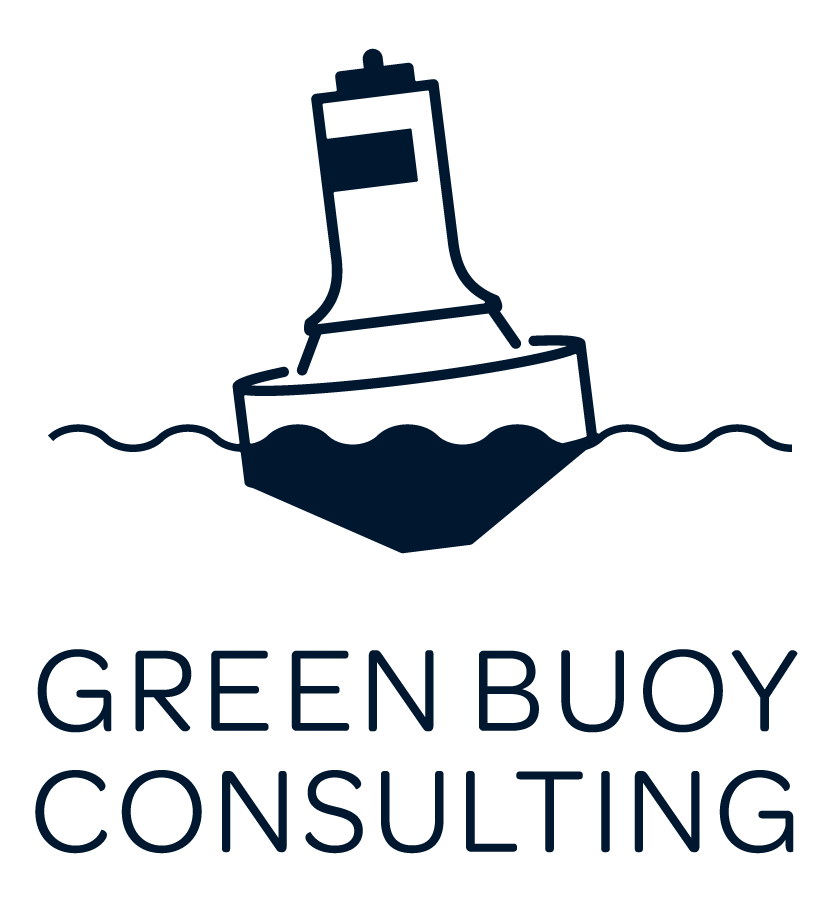Private companies and the SEC’s proposed climate rule
On March 9, 2023, Eliza Erskine and Claire Veuthey hosted Kyra Ferber to talk about the U.S. Securities and Exchange Commission's (“SEC”) proposed climate-related disclosures. The following is a summary of Kyra’s presentation and our discussion that followed.
In March 2022, the SEC proposed rules that, if approved, would require registrants to enhance their climate-related disclosures. These proposed rules followed, and were a response to, increasing investor demand for uniform, reliable, and transparent climate-related information from companies. In addition to investor demand, other factors, such as increased global regulations and companies' confusion to keep pace with patchwork voluntary disclosures, have also propelled the need for regulatory clarity in the U.S. Although the SEC’s Reg Flex agenda set April 2022 as the target finalization date for the rules, many expect that a final slate of rules may not come until later this year.
Although the SEC’s Reg Flex agenda set April 2022 as the target finalization date for the rules, many expect that a final slate of rules may not come until later this year.
What are the proposed SEC climate rules?
The SEC’s proposed rules for climate-related disclosures include sweeping proposals with respect to disclosures relating to governance, financial metrics, climate-related targets and goals, the impacts of climate-related risks, and emissions disclosures. The proposed rules also call for third-party attestation reports with respect to such disclosures.
What do the SEC climate rules mean for private companies?
Change is already coming. The effect of the proposed rules, if finalized, would formalize much of what is already happening on a voluntary basis and provide clarity to companies seeking to enhance their ESG disclosures to meet stakeholder demand.
Internationally, regulators have already moved to mandate climate-related disclosures, including GHG emissions disclosures, for companies, most notably the EU’s Corporate Sustainability Reporting Directive, which will come into force by 2024.
Selling to public companies
Some companies have already begun to require their suppliers to commit to reducing emissions, or to disclose additional ESG information, such as oversight and governance practices. For example, PayPal and others have begun disclosing how many of their suppliers have set science-based targets or rely on similar climate strategies. Private companies vying for public company clients should expect to be asked to set and disclose GHG reduction targets.
Mergers & Acquisitions
Private companies that hope to attract public company acquirers should also anticipate enhanced due diligence with respect to the target company’s climate and ESG practices.
The Rise of Climate Tech
Many climate tech companies provide technology that helps companies reduce GHG emissions or comply with ESG regulations. The SEC’s proposed rules would, if finalized, contribute to the growing demand for carbon accounting and management.
Sources of Funding
Companies seeking debt from publicly-traded banks or equity funding from ESG-savvy investors should also anticipate increased attention on their climate-related risks and associated oversight and mitigation strategies.
Initial Public Offering
Under the proposed SEC rules, companies completing an initial public offering would be subject to the climate-related disclosure requirements. IPO preparation should not be the first time that a company considers its CRRs or its ESG risks and opportunities. Studies have found that companies with strong ESG profiles receive higher valuation multiples than those with weaker ESG strategies.
What can private companies do to prepare for SEC legislation?
The best way to prepare for the upcoming rules is to start early. Integrating ESG and CRR management into governance structures and conducting a priority assessment will allow you to work smarter and understand which ESG risks and opportunities matter most
Stay focused on the big picture. Operating within a patchwork of voluntary (and increasingly mandatory) disclosure regimes, many companies have sought clarity on ESG and climate-related disclosure to ease compliance burdens, satisfy investor expectations, and compete effectively against peers. In a patchwork web of rules, staying up to date on regulations and stakeholder interests is a complicated and ever-evolving situation. Engaging with key stakeholders will help to prioritize what they expect.
This work will allow you to develop clear governance structures, policies, and procedures to lower and report your climate risks. Our clients and companies that have the most success
Different companies will have different priorities for the SEC rules. Here’s our simple guide on how to move forward before the changes take effect:
If your organization is looking for help developing or implementing your ESG strategy, get in touch! We’d love to continue the conversation.

